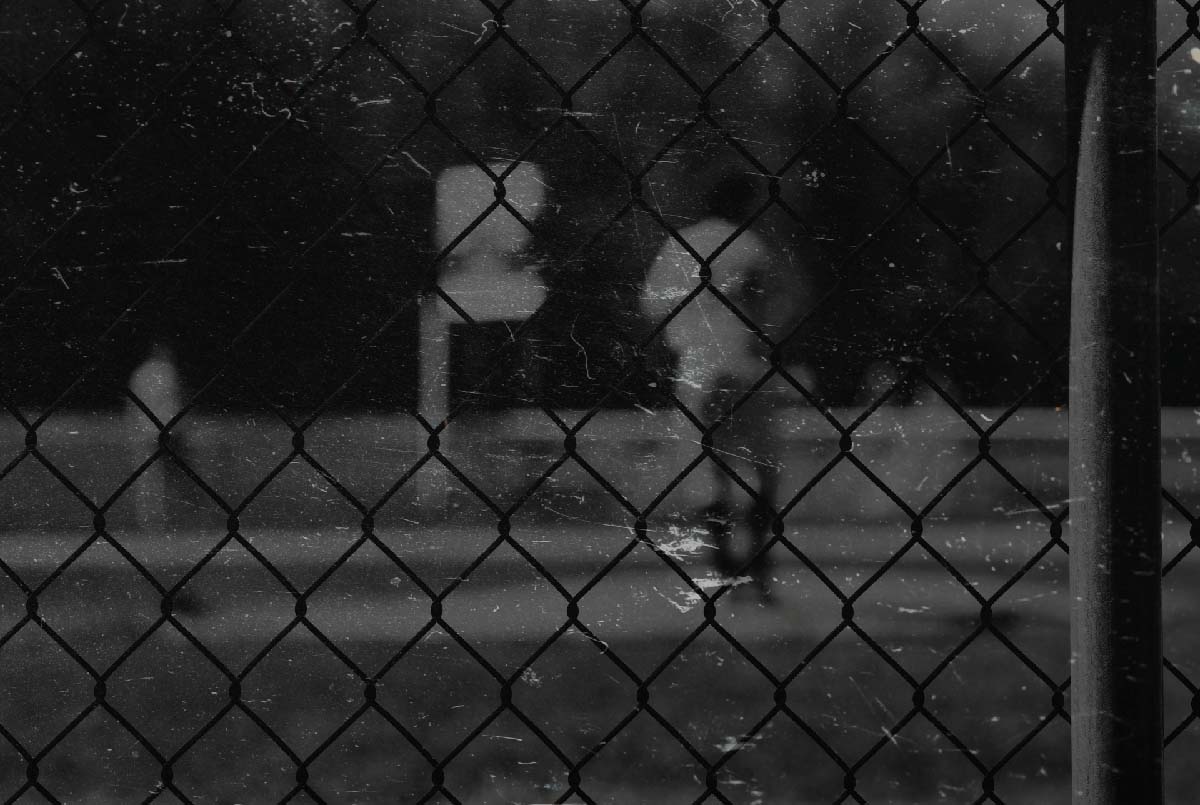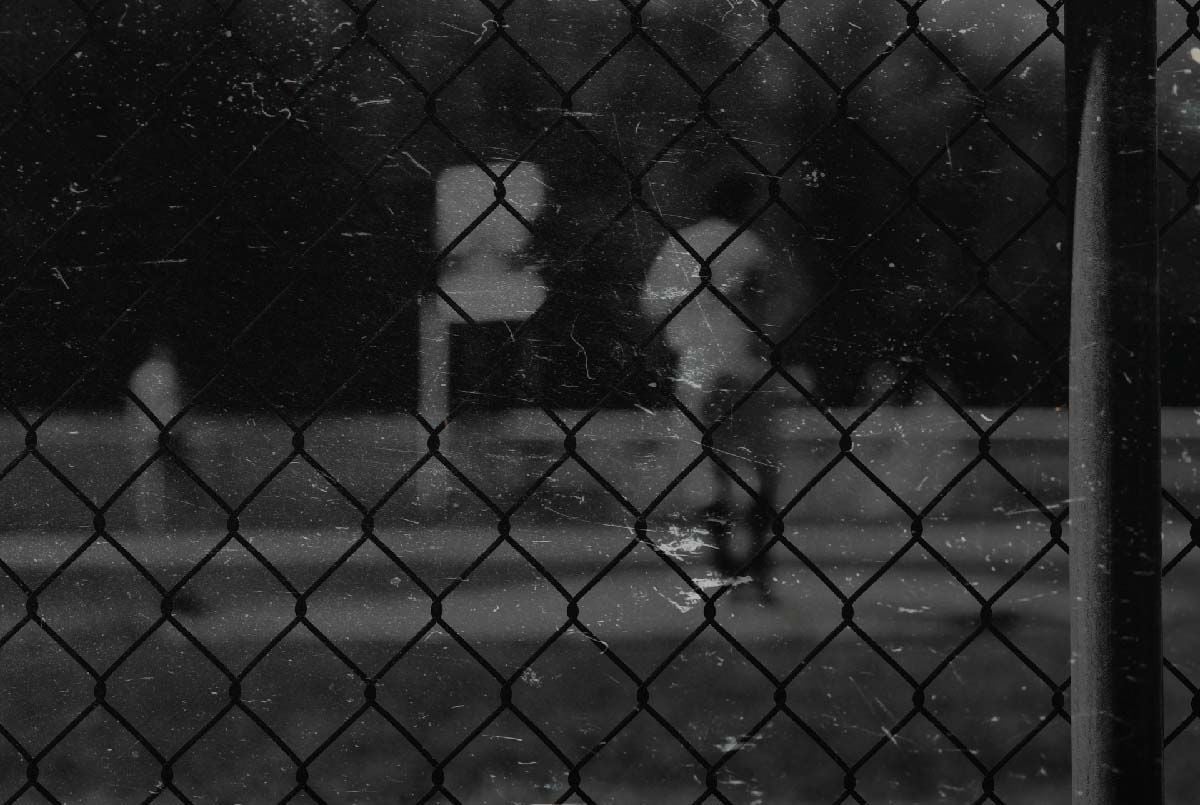Why Were Baseball and Softball Removed from the Olympics?

The 2021 Tokyo Olympics heralded a great return for baseball and softball, sports that were excluded from the 2012 and 2016 Summer Games.
Baseball and softball fans around the world were ecstatic that the two sports were finally back on the program.
Softball supporters were especially thrilled since professional softball tends to have far less visibility than baseball at the international level.
The two sports’ inclusion in the 2021 games was exciting, but it begs the question, why were baseball and softball excluded from the Olympics in the first place?
And what do future Olympics hold for our great pastimes?
Fighting to Get Baseball and Softball in the Olympics at All
Both sports had their own unique journeys to attaining olympic status.
Baseball
Starting in 1912, various exhibition baseball games were played between individual countries who had gathered to compete in the official Olympic program.
In 1984, baseball again appeared in the Olympics as an exhibition sport and in 1988 was upgraded to a so-called “demonstration sport.”
It wasn’t until 1992 that baseball became a medal sport for the first time.
At first, the International Olympic Committee (IOC) didn’t allow professional baseball players to compete in the games.
But this mandate was lifted in 2000, opening the door for the top players in the world to represent their countries.
However, Major League Baseball has never and likely will never release its players mid-season to compete regardless of the Committee’s changing rules.
This reality soured the relationship between MLB and the IOC – and both baseball and softball’s place in Summer Olympic programs has been on shaky ground ever since.
But let’s not get ahead of ourselves here, and instead turn our attention to softball’s olympic history.
Softball
Fastpitch softball had a similar trajectory into the Olympics.
Various countries had participated in softball exhibition games as far back as the 1940s. But softball’s first time as a medal sport came four years later than baseball in 1996.
Softball supporters from the U.S. and Japan had been lobbying for softball’s inclusion in the Olympic games since at least those first games in the 40s.
And as early as 1969, softball met the Olympic Committee’s requirements to be included as a sport, being played in more than 15 countries with more than 29 national federations affiliated with it.
However, throughout the 1970s and 1980s, the IOC worked to keep softball off the program.
It wasn’t added as a demonstration sport in 1984 – the same year baseball was added – nor in 1992 because the IOC thought it was too expensive to equip and build stadiums for.
When softball advocates pointed out that baseball was a men’s only medal sport in 1992, they finally got the support they needed to put softball on the program for the following games.
The then chair of the International Olympic Commission on Women and Sports, Anita DeFrantz, was massively influential in getting softball on the program.

The 2005 Decision to Remove Baseball and Softball from the Olympics
After twelve years of Olympic play for baseball and nine years for softball, the International Olympic Committee convened in 2005, voting the two sports out of the Summer Games.
However, the decision wouldn’t apply until 2012, so baseball and softball were still played at the 2008 Olympics in Beijing.
It was the first time any sport was removed from the Olympics since 1936.
In an interview at the time, softball legend Michele Smith speculated on why the two sports were voted out.
She cited several valid factors, like the IOC wanting to make room for other sports and the ongoing tensions between the MLB and the IOC concerning both doping and not releasing top athletes to compete in the Games.
The two sports that were supposed to replace baseball and softball – golf and rugby – were not voted in after all at the 2005 meeting in Singapore.
Some official IOC members also voiced concerns about American dominance in softball and the lack of top talent participating in baseball.
The U.S. had taken softball gold in three consecutive games – 1996, 2000, and 2004.
But around the time of this decision, however, softball had expanded to other countries, and competitors like China, Japan, and Australia were now giving the Americans a run for their money.
The Japanese softball team won the gold in 2008, with the U.S. taking silver.
Critics of the IOC decision cited basketball as an example, saying that the sport wasn’t under consideration for exclusion even though Americans dominated it as well.
Again, baseball’s problem was the inverse of softball – not too much dominance at the Summer Games, but not enough.
MLB managers wouldn’t let their players leave mid-season to play in the Olympics, so, the IOC argued, the best baseball players in the world weren’t competing.

It was a blow for both sports, but softball players were acutely impacted.
MLB is popular at home and abroad, attracting the best players in the world and compensating them for their efforts.
Although softball players at the time had the National Pro Fastpitch league (NPF) and other international competitions, the sport simply couldn’t have the global visibility nor economic opportunities anywhere near those of baseball without a spot at the Olympics.
And lack of visibility means significantly fewer opportunities to grow both the sport itself and the individual brands of its stars.
This lack of international exposure and recognition of their greatness excludes many top softball athletes from the financial rewards that similarly talented athletes in other sports have access to after competing on the Olympic stage.
Both sports lost funding for the Olympics, with softball, again, unduly affected.
📺Olympic Rewind Series - Barcelona 1992:
— WBSC ⚾🥎 (@WBSC) July 30, 2020
Baseball's first-ever Gold Medal Game 🥇 Cuba v Chinese Taipei
▶️ Watch full game here: https://t.co/41InRMjwRt @CubanaBeisbol @CTBA pic.twitter.com/EX0WS4Dc84
The Campaign to Get them Back on the Program
After being voted out, enthusiastic baseball and softball supporters in countries around the world campaigned in various capacities to get the two sports back in the Summer Games.
Countries where baseball and softball are most popular, like the U.S., Cuba, Japan, China, South Korea, Chinese Taipei (Taiwan), and Australia, mounted the strongest efforts to bring the two sports back into the fold.
But support also came from countries where baseball and softball aren’t historically popular, like Great Britain, Italy, and the Netherlands.
Advocates were especially appreciative of these European efforts to bring baseball and softball back.
That’s because the Europe-heavy IOC said long-said that baseball and softball were only popular in the Americas, Asia, and Australia. It was one of the primary reasons for the sports’ exclusion in 2005.
In 2013, the International Baseball Federation (IBAF) and the International Softball Federation (ISF) combined to form the World Baseball Softball Confederation (WBSC).
The two federations joined up expressly to campaign for baseball and softball’s reinstatement to the Olympics.
The WBSC is now recognized as the international authority on both baseball and softball, organizing competitions for national teams to play each other.
Due to the work of the WBSC and individual nations to keep baseball and softball participation alive, the two sports were added to the Olympic program for Tokyo 2021.
Japan’s influence as the host of the Summer Games was integral in the decision. Baseball and softball are two of the most popular sports in the country, and organizers were betting on thousands of fans to turn up and watch the competitors in Tokyo.
Reinstatement for the Tokyo Summer Games was a victory, but there were some limits. Only six teams competed in each sport, instead of the previous eight.
Despite such constraints, the 2021 Games saw competition higher than ever in baseball and softball, with Japan taking gold and the US taking silver in both sports.
The many close games that led to the medal rounds should help our cause for eventual reinstatement – especially as anti-competitive US dominance in softball has long been a pillar of the IOC’s argument against making it a permanent Olympic fixture.
📺🍿🥎🔙 #Sydney2000 the most contested final in Olympic softball history. @JSAteamJAPAN vs @USASoftball https://t.co/QFkoOJEMpy
— GameTime Sport (@GameTime_Sport) July 25, 2020
What the Future Holds for Olympic Baseball and Softball
It should be noted that although they’re two different sports, the IOC views baseball and softball as male and female versions of one sport. For the sake of parity, they lump baseball and softball together.
Although USA softball does field a men’s national softball team, and USA Baseball has a women’s national baseball team, they don’t compete at the Olympics.
Whether the two sports will ever be open to both men and women in the Olympics remains to be seen – for now, many would argue that they’re having a tough enough time getting men’s baseball and women’s softball to stay on the program.
After years of struggling to put baseball and softball back in the Olympics, athletes and fans the world over will be disappointed yet again at the Summer Games in Paris in 2024.
Both sports are not in the program.
If history is any guide, the IOC will continue to push back against our two sports, despite their obvious international appeal.
We can only hope that baseball and softball continue to grow in popularity and exposure outside of the Olympic sphere – in amateur, professional, and national competitions.
After all, Olympics or not, the ultimate goal is fostering participation in baseball and softball at all levels, all over the world.
Even though Baseball and softball will not appear at Paris 2024, ballplayers are inspired to keep grinding by the possibility of playing at storied Dodger Stadium at the Los Angeles 2028 games.
The International Olympic Committee will soon decide 2028’s core program, and our favorite bat and ball sports do still have a chance to be voted back for good.
And, if not, local organizers in LA should follow the footsteps of their Tokyo predecessors and return baseball and softball on a one-off basis at least.
As of writing this though, the Olympic hopes and dreams of our sports are like a high flyball into right-centerfield – up in the air.
Unlock your ballplayer’s full potential
Find the perfect vetted coach to build a solid foundation or take your player's skills to new heights.
Download the free app

About the Author
Courtney Withrow
Professional Writer
Originally from the U.S., Courtney is a Brussels-based freelance writer with a Master’s degree in International Relations. She grew up playing softball and still loves the game.
